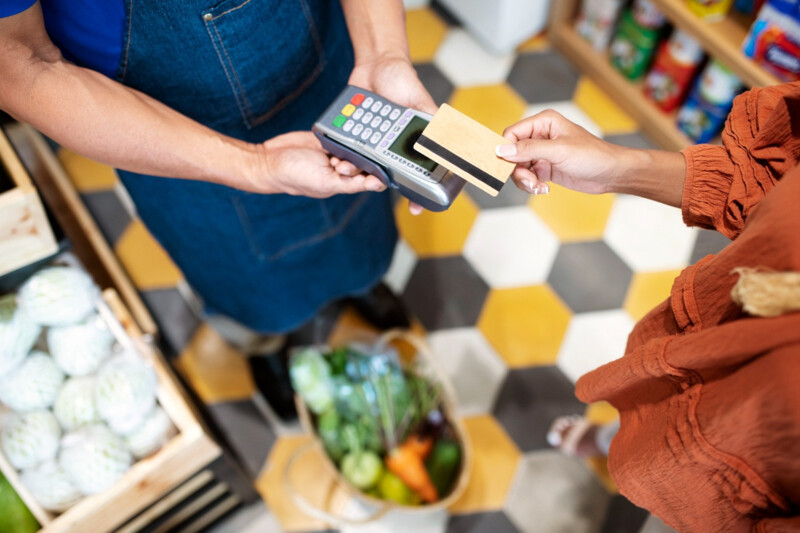Conformément à la loi du 10 février 2020 relative à la lutte contre le gaspillage et à l’économie circulaire, les tickets de caisse ne seront plus automatiquement imprimés par les commerçants à compter du 1er août, mais pourront être envoyés sous forme dématérialisée à la demande du client.
Mettre un terme au gaspillage de papier
À partir du 1er août, les clients ne se verront plus systématiquement remettre leur reçu lors de leur passage en caisse. En effet, la loi relative à la lutte contre le gaspillage et à l’économie circulaire du 10 février 2020 prévoit la fin de l’impression et la distribution automatique des tickets de caisse.
Cette mesure vise à réduire la consommation de papier, chaque hypermarché en France consommant en moyenne plus de 10 000 rouleaux de papier par an, et à limiter l’exposition des consommateurs aux substances dangereuses pour la santé présentes sur la majorité des reçus.
Quels sont les tickets concernés ?
L’article L541-15-10 du Code de l’environnement précise que ne seront plus imprimés ni distribués automatiquement :
- Les tickets de caisse dans les grandes surfaces et établissements recevant du public ;
- Les tickets de carte bancaire ;
- Les tickets émis par certains automates ;
- Les bons d’achat et tickets promotionnels.
La mesure s’applique à tous les achats, quels que soient leur nature et montant.
Quelles alternatives pour les clients ?
Face à cette nouvelle règlementation, les commerçants et consommateurs devront s’adapter.
La loi impose aux commerçants de rappeler à leurs clients qu’ils peuvent obtenir un ticket au format papier à leur demande. Cette information doit être communiquée au moyen d’une affichette lisible et compréhensible lors du passage en caisse. Par ailleurs, les professionnels qui proposent des solutions de dématérialisation du ticket doivent se conformer au Règlement général sur la protection des données (RGPD) en obtenant le consentement explicite du consommateur pour la collecte de ses données personnelles. La CNIL rappelle que la création d’un compte fidélité n’est pas obligatoire pour l’obtention du ticket de caisse par voie dématérialisée.
Lors du passage en caisse, les acheteurs ne recevront plus de ticket sauf s’ils le demandent auquel cas un ticket papier ou un ticket dématérialisé peut leur être délivré. En cas d’option pour le ticket dématérialisé, le reçu est généralement envoyé par SMS ou par e-mail. Il peut également être obtenu par un autre moyen numérique : code QR ou application mobile de la boutique.
Les consommateurs qui estiment que leurs droits n’ont pas été respectés par un commerçant peuvent les faire valoir auprès du commerce ou du délégué à la protection des données. En l’absence de réponse sous un mois à compter de l’envoi de cette demande ou de réponse insatisfaisante, ils peuvent adresser une plainte à la CNIL.
